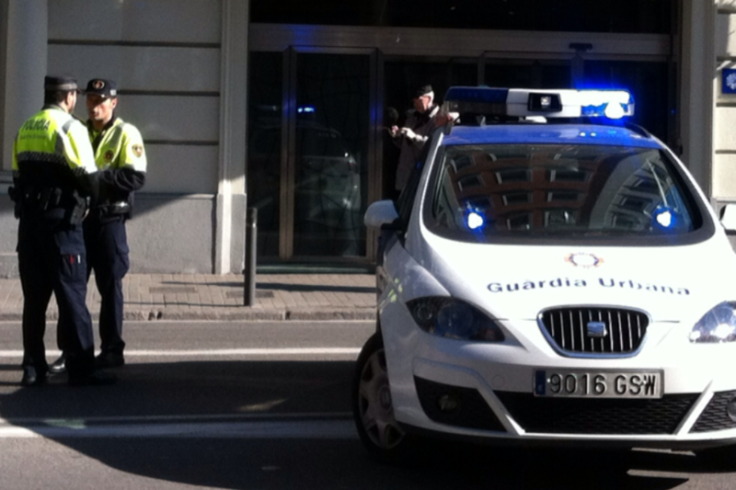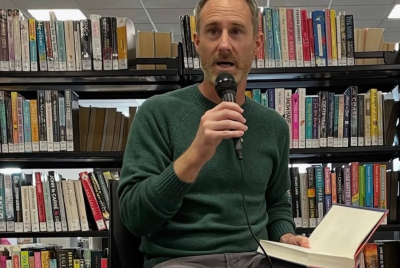Russian Pilot Who Defected To Ukraine Found Dead In Spain: Report
The pilot was found with at least five bullet wounds.

A Russian helicopter pilot who defected to Ukraine in August last year has been found dead in Spain, according to Ukrainian intelligence agencies.
The pilot, Maksym Kuzminov, was found dead on February 13 in an underground parking lot near Alicante. His body had at least five bullet wounds. Kuzminov had been living in Spain with a Ukrainian passport and an alternative name, Reuters quoted a Spanish newspaper as saying.
Two suspects were reportedly seen leaving the scene in a vehicle, which was later found burned. A spokesperson for Ukraine's GUR intelligence agency has merely confirmed the death. They have not given any other details or commented on whether it was a murder.
Kuzminov was a former captain in Russia's 319th separate helicopter regiment. He flew a Russian Mi-8 AMTSh to a Ukrainian airbase in Kharkiv.
He also had two other pilots onboard the helicopter, but they were "eliminated" because they reportedly refused to surrender to the Ukrainian military. At a news conference held in Kyiv after the defection, Kuzminov said that the two got scared, began behaving aggressively and eventually rushed out of the helicopter," he said.
According to a report in The Guardian, his family had been moved from Russia to Ukraine before the defection in an operation that continued for about six months.
The pilot later also gave his reasons for defecting from Russia. "What is happening now is simply genocide of the Ukrainian people: both Ukrainian and Russian," he said in an interview released by Ukraine Defense Intelligence.
"The motivation for my action was to not contribute to these crimes. Ukraine will unequivocally win this war simply because the people are very united".
The big picture:
Russia has often been accused of carrying out the assassinations of its enemies. The latest report comes against the backdrop of Russian President Vladimir Putin being accused of "murdering" his critic, Alexei Navalny.
On Monday, Navalny's wife, Yulia Navalnaya, accused Putin of killing her husband. Navalny was found dead by Russia's prison service on Friday. He was behind several reports that detail corruption in Russia and the Putin administration.
Kremlin has been accused of trying to poison a former British spy, double agent Sergeĭ Skripal, and journalist and politician Vladimir Kara-Murza in the past.
Former Russian spy Alexander Litvinenko died after being poisoned with radioactive polonium in London in 2006, with a public inquiry concluding that the killing was probably carried out with the approval of Russian President Vladimir Putin.
His death was caused by the ingestion of a fatal dose of the radioactive isotope polonium-210. It is a naturally occurring radioactive material that emits extremely hazardous alpha particles.
There are very small amounts of polonium-210 in the soil, the atmosphere, and the human body. However, when ingested at high doses, polonium-210 is fatal and very difficult to identify. Just one microgram of polonium-210, which is no bigger than a speck of dust, would be enough to deliver a fatal dose of radiation.
In 2018, Russia was accused of using a nerve agent to try and murder former Russian spy Sergei Skripal and his daughter in Salisbury. The father-and-daughter duo had to spend several days in critical condition in a UK hospital before they recovered.
Skripal was once a military intelligence officer in Russia but provided information to MI6 before being traded in a spy swap with Russia. Nerve agents are highly poisonous chemicals that work by preventing the nervous system from working properly.
Last year, in November, Ukrainian authorities claimed that the wife of Ukraine's military spy chief was poisoned with heavy metals. Marianna Budanova is the wife of Kyrylo Budanov, the chief of Ukraine's defence agency. An investigation is underway into the matter. Some experts have claimed that Russia might be responsible for the attack.
© Copyright IBTimes 2025. All rights reserved.






















